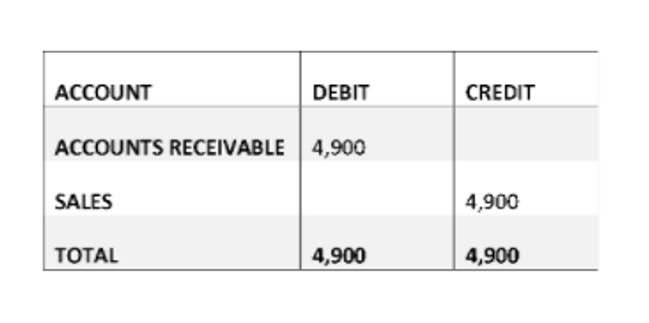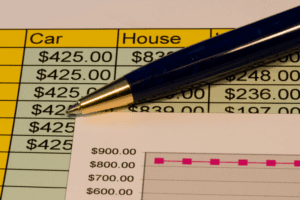
It’s helpful to review the HOA financials from the previous year in order to prepare for the following year. Homeowners associations with high cash flows should get an annual audit by either a staff member of the homeowners association’s management company or a CPA. If you opt to hire a CPA, they will provide you with one of three reports.
HOA Bad Debt: How Does This Affect Your HOA’s Funds?
The CPA will also inspect the homeowners association’s contract for mistakes. This report has a positive assurance, meaning that the CPA guarantees that the financial statements are accurate and that your homeowners association is in good financial health. The accounts payable report shows unpaid expenses and tells the homeowners association what expenditure obligations happened within the month. The account delinquency report shows the accounts receivable and a list of the members who are not current on their obligations, like late fees and legal fees.

Which Accounting Method Is Recommended for HOAs?
Of course, not all information needs to be publicly accessible, but you should include everything that can be included. Transparent financial processes help to promote teamwork and positive community relations between homeowners and association board members. For smaller, self-managed HOA Accounting associations, there might be trouble getting financial statements completed on time. If so, it is relatively inexpensive to hire an accountant as needed to prepare balance sheets. Doing this ensures that all the information will be completed in a timely manner.

Right to Request Detailed Accounting
Below is how the income statement for this association would look using both methods of https://www.bookstime.com/. As you can see, under the Cash Method of HOA Accounting it would appear that the association lost money in the first month, and made a profit in the second month. Using Cash HOA Accounting makes it difficult to see if income and expenses are as expected. The Accrual Accounting system assumes that all money will eventually be received, and all bills will eventually be paid. So income is counted when it is due, not when it is actually received; and expenses are counted when they are owed, not when they are actually paid.
- While our virtual services do not provide onsite meeting attendance, inspections, or maintenance, we do provide full accounting and administrative support.
- CS/CS/HB 1203 create significant changes impacting to homeowners’ associations in Florida.
- The finance department’s main goal is to maintain an accurate, consistent record of the association’s financial transactions.
- Prepaid reports can be delivered in many formats, but should show who is prepaid, and how much credit is in their account.
- COMPASS Property Management, headquartered in Rochester, New York was founded in 1972 to provide property management services to condominium, town home and community associations.
- Let us also assume that it has vendors, all of which do work monthly and all of which get paid monthly.
- If the homeowners association is self-managed, the treasurer will provide you with these reports.
At the same time, a liability titled “Accounts Payable” is reported on the Balance Sheet. As these items are paid, the association’s Cash balance and Accounts Payable are reduced. HOA board members are volunteer homeowners from within the community and are not paid. Since board members have a significant impact on the community’s well-being, they have an additional fiduciary responsibility to act in the interest of homeowners. Software makes this entire process remarkably easier, and gives the association more transparency and insight into accounting activity. If the board is still using petty cash, consider switching to a credit card with a low credit limit.

Bill and Invoice Payments
- If you are having trouble preparing community financial statements, the professionals at CSM are standing by to answer all your questions.
- It produces the most comprehensive overview of your HOA’s financial status.
- The first place to start your HOA accounting transition process is for your Board to have reviewed our proposal and our service agreement, had your questions answered and decided to work with us.
- Much like any corporation, homeowners associations earn revenue and incur expenses.
- In the last two columns, it will list the budgeted income and expenses for the period as a number and as a percent, and the difference between actual income and expenses for the period.
- This system accounts for both the debit and credit made in each transaction.
- If you find an incorrect hoa fee or other inaccurate hoa information we would love your input to make this website the most valuable resource on each hoa community listed here.
- This includes customized financial reporting, dues collection and delinquency reporting, payment processing, bank reconciliation, annual budget preparation, and tax filing.
- This is usually considered the best method because it produces a better overview of the HOA’s financial status than other methods.
- The first step to financial success is to use the best HOA accounting method.
- To that end, an HOA board is elected to represent homeowners, manage the budget, enforce rules and regulations, and oversee administrative tasks.
- The Association’s General Ledger contains a record of the transactions (checks written, receipts from customers, etc.) that involve its checking account.

Commenti recenti